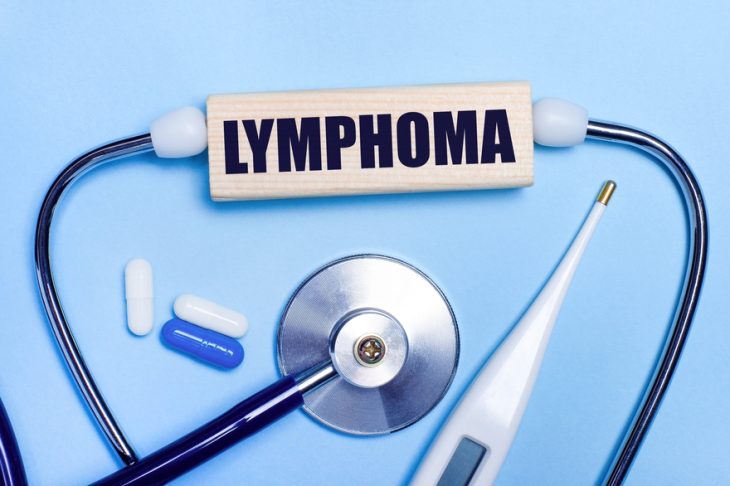
Understanding Various Cancer Types and Treatment Options
Cancer is a group of illnesses involving uncontrolled growth and spread of abnormal cells in the body. Each type of cancer is distinct in its biological behaviour, treatment response, and prognosis, necessitating tailored approaches for management. Here’s a concise overview of various cancer types and their respective treatment options:
1. Breast Cancer
- Treatment Options: Surgery, chemotherapy, radiation therapy, hormone therapy, and targeted therapy. Early-stage breast cancer might be treated with lumpectomy (tumour removal and some surrounding tissues), while more advanced stages might require mastectomy (removal of one or both breasts).
2. Lung Cancer
- Treatment Options: Surgical removal of lung tissue, chemotherapy, radiation therapy, targeted therapy, and immunotherapy. Treatment choices depend on the type (small cell or non-small cell) and stage of lung cancer.
3. Prostate Cancer
- Treatment Options: Watchful waiting or active surveillance, surgery (prostatectomy), radiation therapy, hormone therapy, chemotherapy, and newer treatments like cryotherapy. Treatment plans often consider the cancer’s growth rate and the patient’s age and health.
4. Colorectal Cancer
- Treatment Options: Surgery to remove affected parts of the colon, chemotherapy, radiation therapy, and targeted therapy. Early detection through screening like colonoscopy greatly improves treatment outcomes.
5. Skin Cancer
- Types: Basal cell carcinoma, squamous cell carcinoma, and melanoma.
- Treatment Options: Surgical excision, freezing (cryotherapy), topical treatments, radiation therapy, and for melanoma, also immunotherapy and targeted therapy.
6. Leukemia
- Treatment Options: Chemotherapy, radiation therapy, targeted therapy, and bone marrow transplant. Treatment varies significantly between acute and chronic forms and is influenced by the specific type of leukaemia.
7. Lymphoma (Hodgkin and Non-Hodgkin)
- Treatment Options: Chemotherapy, radiation therapy, targeted therapies, and stem cell transplants. Treatment strategies are influenced by the type, stage, and aggressiveness of the lymphoma.
8. Ovarian Cancer
- Treatment Options: Surgical procedure to remove as much of the tumor as possible, chemotherapy, and, in some cases, targeted therapy or hormonal therapy.
9. Pancreatic Cancer
- Treatment Options: Surgery (when detected early), chemotherapy, radiation therapy, and targeted therapies. Pancreatic cancer is often diagnosed at a later stage which complicates treatment.
10. Cervical Cancer
- Treatment Options: Surgery, radiation therapy, chemotherapy, and targeted therapy. HPV vaccination, a major cause of cervical cancer, can reduce cervical cancer risk.
Advanced Treatment Techniques
- Immunotherapy: Boosts the body’s immune system to fight cancer.
- Targeted Therapy: Focuses on specific molecules involved in cancer growth and spread, affecting only cancer cells and minimizing damage to normal cells.
- Hormone Therapy: Blocks cancer’s ability to use hormones it needs to grow.
- Precision Medicine: Plans treatment based on the genetic profile of an individual’s cancer.
Conclusion
The treatment options depends on different factors including the type, stage, and genetic characteristics of the cancer, and the patient’s overall health and preferences. Advances in medical research continue to enhance the effectiveness and precision of cancer treatments, offering improved outcomes and personalized care.


